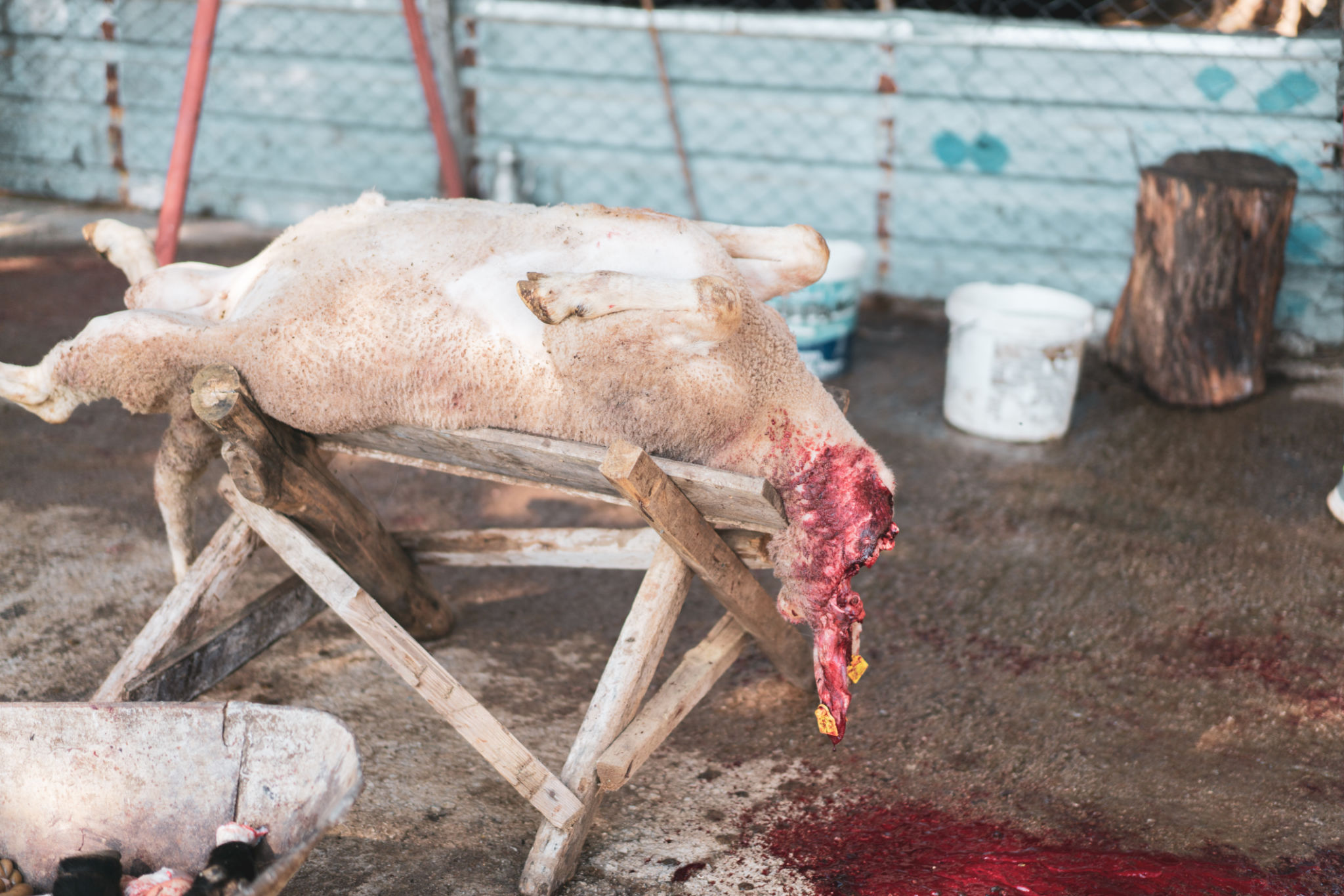Debunking Common Myths About Halal Food
Understanding Halal Food
Halal food is often surrounded by a cloud of misconceptions and myths, leading to confusion among those unfamiliar with the concept. At its core, halal refers to what is permissible or lawful in traditional Islamic law. When applied to food, it ensures that the products meet specific criteria set out in the Islamic dietary guidelines.
One of the most common myths is that halal food is limited to Middle Eastern cuisine. While it is true that many Middle Eastern dishes are halal, halal food encompasses a wide range of international cuisines. From Italian pasta to Mexican tacos, any dish can be made halal by adhering to the necessary dietary laws.

The Myth of Special Blessings
Another widespread misconception is that halal food requires a special blessing for every item consumed. In reality, the requirement is for a prayer to be said during the slaughtering process of animals, ensuring that the process is humane and respectful. This practice highlights the importance placed on ethical treatment and gratitude.
It is also important to note that halal does not apply solely to meat products. Non-meat items such as fruits, vegetables, and grains are naturally considered halal unless they are contaminated with non-halal substances.

Quality and Hygiene Standards
Some people wrongly assume that halal food lacks quality control or hygiene standards. On the contrary, halal certification involves stringent measures to ensure cleanliness and safety. The guidelines demand high levels of hygiene, from the preparation process to the final packaging of products.
Consumers can trust that halal food not only adheres to religious principles but also meets general health and safety standards. This adherence often results in a product that is both ethically produced and of high quality.

Halal and Animal Welfare
A critical aspect often misunderstood is the relationship between halal practices and animal welfare. Halal slaughtering methods are designed to be humane, minimizing pain and distress for the animal. The process involves a swift incision to the throat, aiming for a quick and painless end.
Furthermore, animals must be healthy at the time of slaughter and treated well throughout their lives. This ethical treatment aligns with broader concerns about animal welfare in modern society.
The Scope Beyond Food
Halal extends beyond just food items; it encompasses a lifestyle choice for many people across the world. Products such as cosmetics, pharmaceuticals, and even clothing can be certified as halal, ensuring they meet specific ethical standards.
The growing demand for halal products reflects an increasing awareness and respect for diverse cultural practices and ethical considerations in global markets.

Conclusion: Embracing Halal Diversity
In debunking these myths, it becomes clear that halal food is not just about religious observance; it is about promoting ethical consumption choices, quality assurance, and cultural inclusivity. By understanding and embracing this diversity, consumers can make informed choices that respect both personal beliefs and broader ethical standards.
The next time you encounter halal food, remember that it represents more than a dietary choice—it embodies a commitment to ethical practices and respect for diverse cultures worldwide.